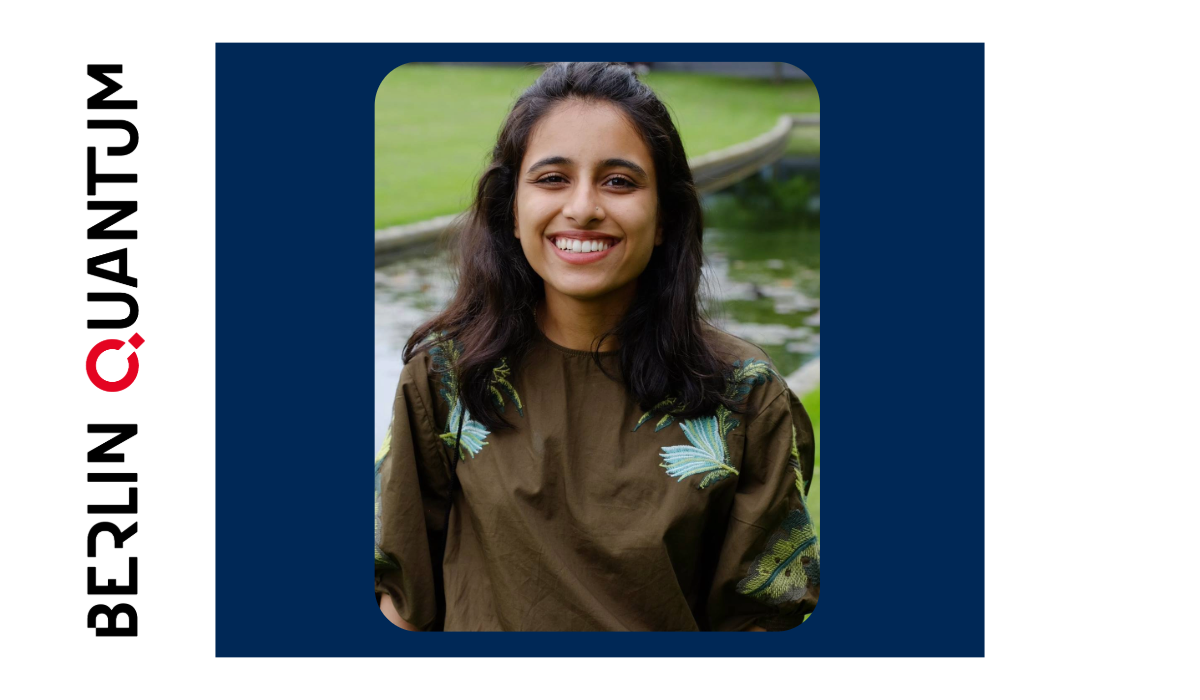In this exclusive interview, Fariha Azad, a researcher at Technische Universität Berlin, shares insights into her journey in quantum physics, her current work on delegated quantum computation in realistic environments, and the vibrant research landscape of Berlin. Discover how collaboration, community, and culture shape her scientific path and personal growth in one of Europe’s leading hubs for quantum research.
What inspired you to pursue a career in quantum physics?
When studying physics at undergraduate level, I enjoyed the courses in quantum theory the most. In the third year of my studies, I decided to do a summer research project with the quantum information group at my university, and from then I knew I wanted to become a researcher.
Why did you choose to conduct your research in Berlin?
Berlin is an amazingly culturally rich and diverse city, and as I was coming from London, it felt like the perfect fit for me to move to.
What advantages does Berlin offer for quantum physics research compared to other cities or countries?
The Berlin University Alliance is an advantage. It feels quite unique that the Berlin universities are allied in this way.
Can you tell us about a current project or experiment you are working on?
I work on algorithms for near-term quantum computers. Currently, we want to see how quantum computing can benefit the study of particle physics, by looking at how we can implement lattice gauge theories on these near-term quantum devices.
How does BERLIN QUANTUM and the Berlin research landscape support your work, and which resources are particularly helpful?
BERLIN QUANTUM provides a really nice context in which to do research. I really appreciate the events put on, multiple opportunities where I have met researchers of other disciplines, and you get the support of the community.
What role does collaboration with other scientists and institutions in Berlin play in your research?
Collaboration plays a big role, be it meeting other researchers at conferences to share ideas and understand the state of the field, or directly working with other researchers across fields. We are working with other institutions in Berlin such as DESY in Zeuthen.
How does living in Berlin influence your personal and professional development?
Living in Berlin has been really nice for this job. I can compare it to London where I did my PhD, and now that I am here I realise how stressful life was there. Berlin is the best of both worlds as you get the size, culture, and excitement of a big city, while also being a relaxing place to live.
In your opinion, what are the most exciting developments or trends in quantum physics that we can expect in the coming years?
This moment in time for quantum computing is quite exciting as people are turning towards early fault tolerance. It will be exciting to see what this new era brings.
Do you have a special experience or anecdote from your time in Berlin?
I have had to move between three houses in three months, which seems like the way it is here sometimes! Maybe this is a bit contrary to what I said earlier about the city being relaxed, but the house moves were smooth at least!
What advice would you give to young scientists who aspire to a career in quantum physics and might consider coming to Berlin?
Definitely don’t be shy to talk to people, and if it is possible, come and visit some groups. People are very friendly and helpful—I felt that with my group before I moved here!

